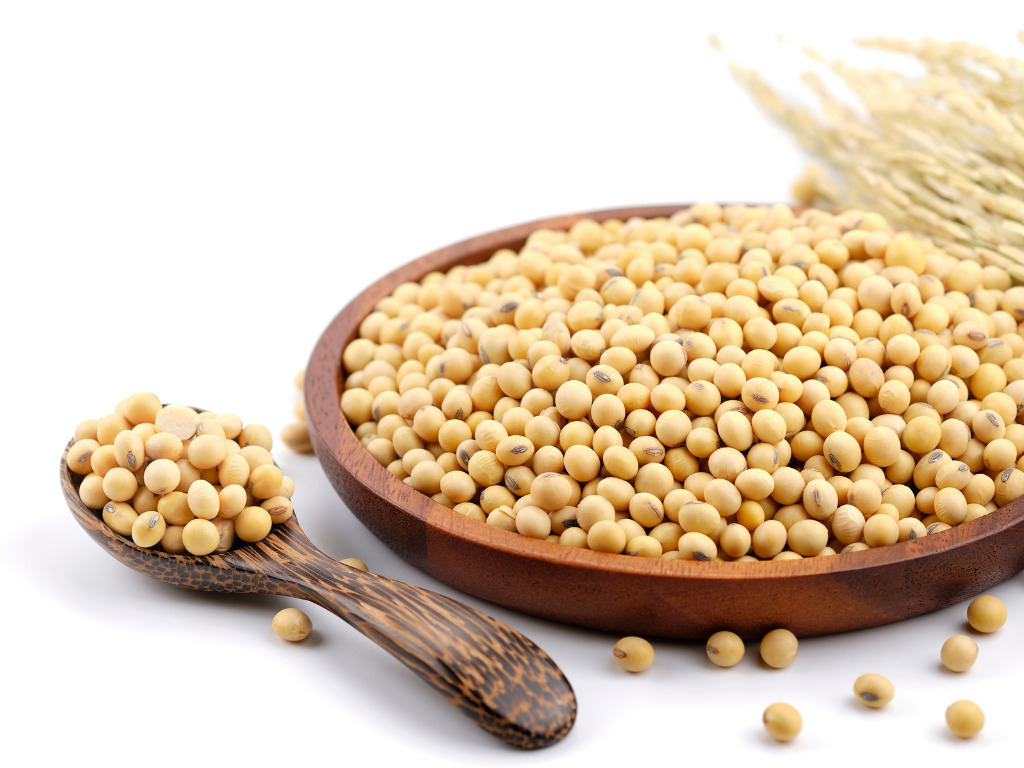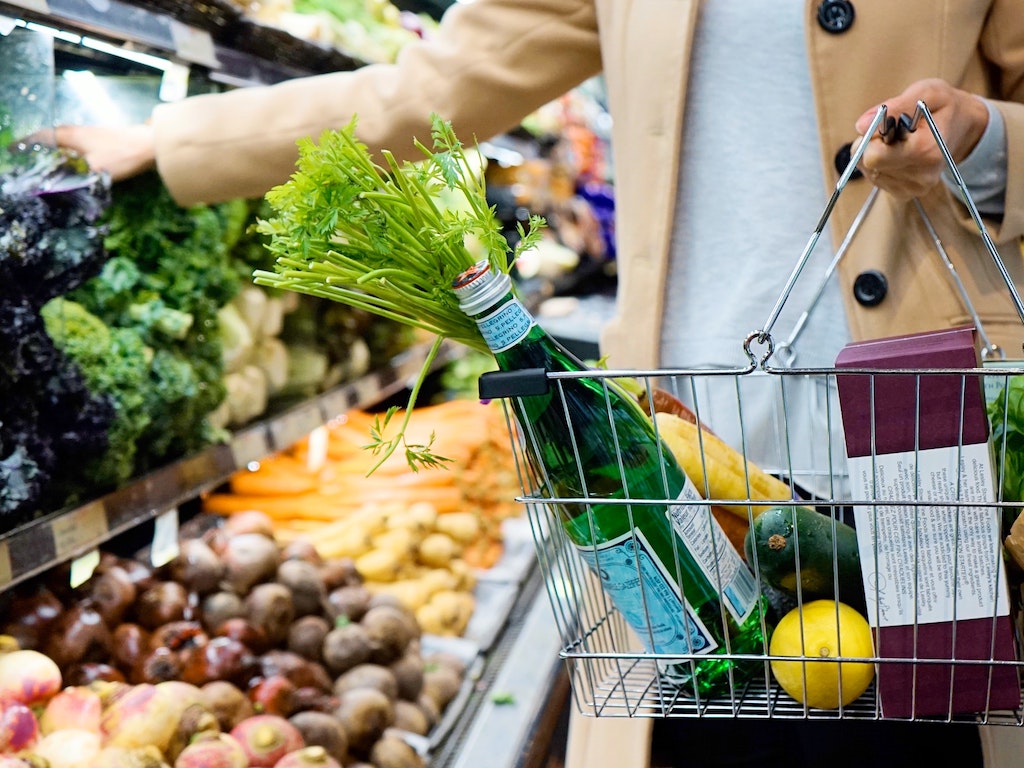3 Mins Read
The Smart Protein project, funded by the E.U., has released a comprehensive document recommending policy measures to transition Europeans towards more environmentally friendly dietary choices.
The new Smart Protein report suggests utilizing various policy tools that include the implementation of labels on food items indicating sustainability factors, such as carbon footprint, water consumption, and transportation miles. The report further advocates for more European Union countries to eliminate VAT taxes on fruits and vegetables, a policy currently in effect in only four member states.
Making sustainable food the default
The Smart Protein Policy Brief also encourages the promotion of plant-based food in public establishments such as schools, hospitals, and local government buildings. “Animal agriculture is responsible for about 17 percent of carbon emissions in the E.U., so it is vital that the E.U. focuses on implementing policies that promote more climate-friendly food,” Juliette Tronchon, ProVeg International’s Senior Policy and Public Affairs Specialist and co-author of the report, said in a statement.

Tronchon also stresses that animal agriculture contributes to lifestyle diseases, global hunger, and animal suffering. “Replacing animal products with plant-based and cultivated foods offers the E.U. a multi-pronged solution to these problems,” she said.
“We urgently need positive and comprehensive policies to support the growth in demand for plant-based products, particularly products that are alternatives to animal-based ones,” Tronchon said. “The plant-based sector is attracting more and more consumers, while current European regulations are slowing down the process. With this Smart Protein Policy Brief, we want to emphasise the fact that regulatory and policy reforms are needed if the E.U. wants to achieve its goal of making European food systems healthier and more sustainable.”
However, the allocation of funds for sustainable protein research is a fraction of the E.U.’s Horizon Europe program’s current budget. Only €32 million of its €95.5 billion budget is dedicated to this cause. Falk Hemsing, International Policy Officer at ProVeg and co-author of the report, says that plant-based alternative products are barely mentioned in the E.U.’s agriculture promotion policy, while the livestock sector, with its high carbon emissions and high water usage, receives considerable funding.
Sustainable food labeling
The report pushes the European Commission to take action in four key areas: labeling and marketing, public food procurement, VAT rates, and subsidies. Specifically, they recommend introducing a front-of-pack sustainability labelling scheme for food products, establishing an E.U.-wide definition for “vegan” and “vegetarian”, and promoting plant-based foods in the E.U.’s criteria for sustainable public procurement.

Cindy Schoumacher, Policy Officer at the European Commission DG Research and Innovation, highlighted that plant, microbial, or marine proteins are among the key research areas for a sustainable food system. “Smart Protein is providing key information to fill knowledge gaps on alternative proteins and contribute to achieving the objectives of the European Green Deal,” she said.
The recommendations come on the heels of a recent report that found while livestock in particular are a leading contributor to global warming — producing about 15 percent of all emissions — only 7 percent of climate content mentions animal agriculture’s role in climate change.




